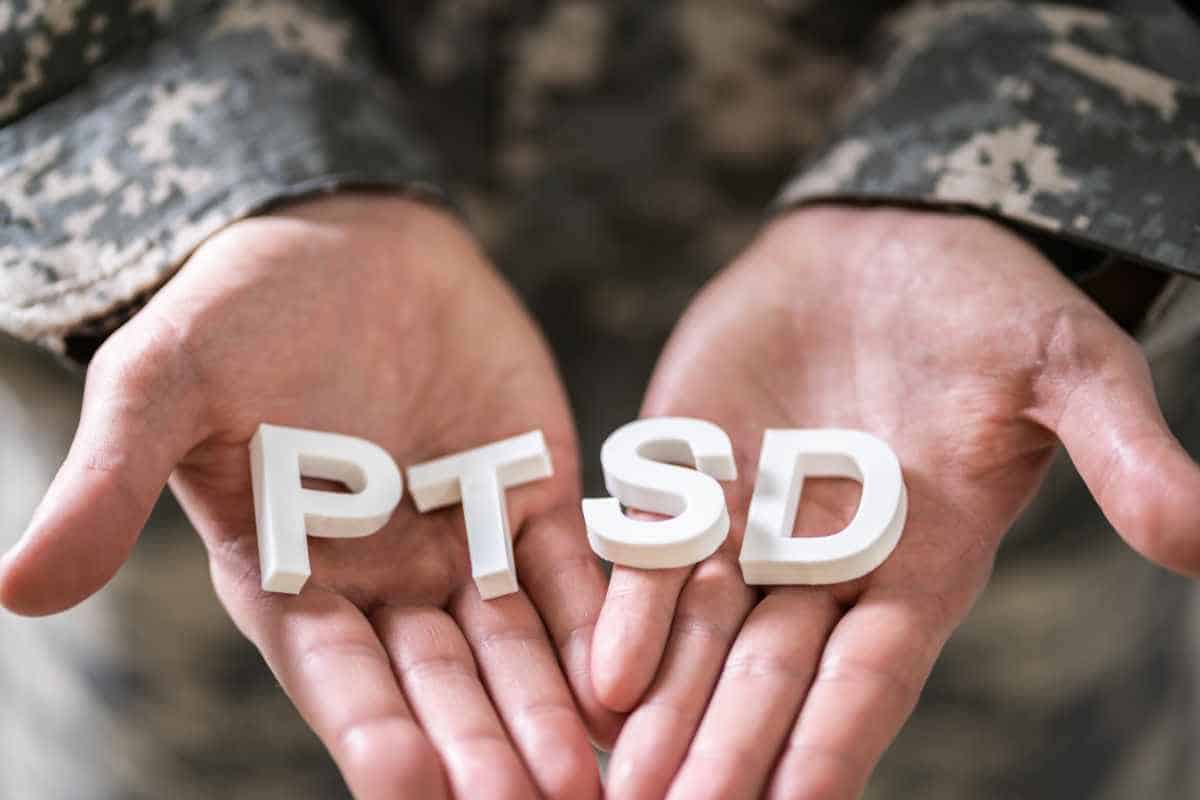
The benefits of physical activity and creative activities on mental health recovery are widely recognized. Activity therapy, combined with other psychotherapies, such as talk therapy, promotes healing and increased functioning in individuals with mental health and substance use disorders (SUDs). Activity therapies allow people to connect with the world around them and reprogram their emotions and addictive behaviors.
What Is Activity Therapy?
Activity therapy utilizes recreation and physical activities to benefit those with mental health or physical conditions. Activity therapy includes a variety of techniques such as arts and crafts, physical activities, music, games, and more.
To some, it may sound unrealistic that activity therapy can help them overcome psychological illnesses. However, activity therapy is not just “busy work” or “games.” Instead, the goal of activity therapy is to offer a pleasant outlet for self-expression. When a person remains open-minded, even something as simple as playing cards can be a tool for treating unresolved issues.
Forms of Activity Therapy
Activity therapy takes the form of various exercises and creative outlets such as:
- Cooking a meal
- Playing a sport like volleyball or soccer
- Fishing
- Group-oriented activities like playing cards
- Dancing
- Making or listening to music
- Painting or drawing
- Acting or theater
- Reading or writing stories
Because the definition of activity therapy is so broad, its applications are highly personal. What works for one person might not benefit another person and vice versa. Therefore, speaking with a licensed professional is essential to understand which therapeutic activities would be most helpful.
A More Relaxed Road to Self-Discovery
Often, activity therapy takes the form of group activities. Group activities as a treatment modality can help build trust and communication. Community-building exercises in mental health settings can greatly impact a person’s social skills and improve their overall quality of life. When applied in an individual setting, people often discover new talents they weren’t aware of. Using activity therapies can bring out the creativity in people who may have felt like they lost that part of themselves due to life obstacles.
Activity therapy blurs the lines between play and treatment. This therapy can be refreshing to people because it takes a more relaxed approach to rehabilitation. When people look at enjoyment as a method of recovery, they realize recovery doesn’t have to be dull and drab. It doesn’t have to be painful and require hard work. Instead, the road to rehabilitation can be fun and exciting.
How Activity Therapy Promotes Healing
Not all therapies are easy for everyone. Certain treatment methods used in recovery can bring up negative feelings. People may have difficulty sharing these feelings with their mental health counselor. Activity therapy is different from other therapies in this regard. Because these activities are typically low-stress, they can serve as a distraction to difficult emotions and promote mental balance. Using activity therapy as a treatment method helps people open up and unblock these feelings.
One’s emotions are deeply intertwined with the physical body and creative impulses. A variety of art forms and activities can release them. Most people have, at one point, cried to a song or felt moved by a work of art. This shows how valuable everyday activities can be in promoting healing. Activity therapy can help people reflect, become more in touch with themselves, and release pent-up stress or anger. This type of therapy also promotes stress management and emotional regulation.
Many art forms can cause emotional reactions, and these reactions can provide insight into underlying traumas or concerns. Understanding how to channel this into recovery can help people overcome unresolved traumas.
The Impact of Activity Therapy on Substance Use
A research review published in the Journal of Psychiatric and Mental Health Nursing showed that activity-based therapies offer healing from mental health complications and improve physical health. For example, because it helps lower stress, activity therapy can lower blood pressure, improve the immune system, and lower cortisol levels.
When someone is given a healthy outlet to pour their difficult emotions into, they are less likely to fall back into harmful routines. Where they once might have been compelled to drink or smoke to cope with a stressful workday, they now reach for a novel or release pent-up energy at the gym. Finding these replacements promotes healthy mental functioning and offers better and longer-lasting personal satisfaction.
Activity therapy does not have to cease once recovery treatment ends. The skills learned during treatment can be used for the rest of their lives. Finding a community through physical activity or even through creating art and music during and after recovery treatment can help a person avoid substance relapse down the line. By choosing to engage in these activities during recovery, people can set themselves up for a life of sobriety.
Exploring Therapeutic Avenues: Understanding the Differences Between Cognitive Behavioral Therapy (CBT) and Dialectical Behavior Therapy (DBT)
Embarking on the journey of mental health recovery involves a multifaceted approach, encompassing not only traditional talk therapy but also innovative methods like activity therapy. In our exploration of the benefits of physical and creative activities on mental health recovery, it becomes pivotal to discern the nuances between Cognitive Behavioral Therapy (CBT) and Dialectical Behavior Therapy (DBT). While activity therapy offers a refreshing and relaxed road to self-discovery, CBT and DBT provide distinct frameworks for addressing thought patterns and emotional regulation. To deepen your comprehension of these therapeutic differences explore the full spectrum of therapeutic insights.
For you to move toward a life of sobriety, it is essential to develop the coping skills that will keep you going during stressful periods. Receiving treatment that utilizes creative outlets and promotes socially stimulating group activities has immeasurable benefits. Activity therapies can help you enjoy life more and release pent-up emotions. At Sober Life, we offer a variety of programs led by our empathetic and understanding mental health professionals that prioritize your long-term recovery. Every step of the way, we are prepared with highly personalized evidence-based practices to help you reach your full potential. Call us today at (619) 542-9542 to learn more about how you can get back to living a substance-free life.












